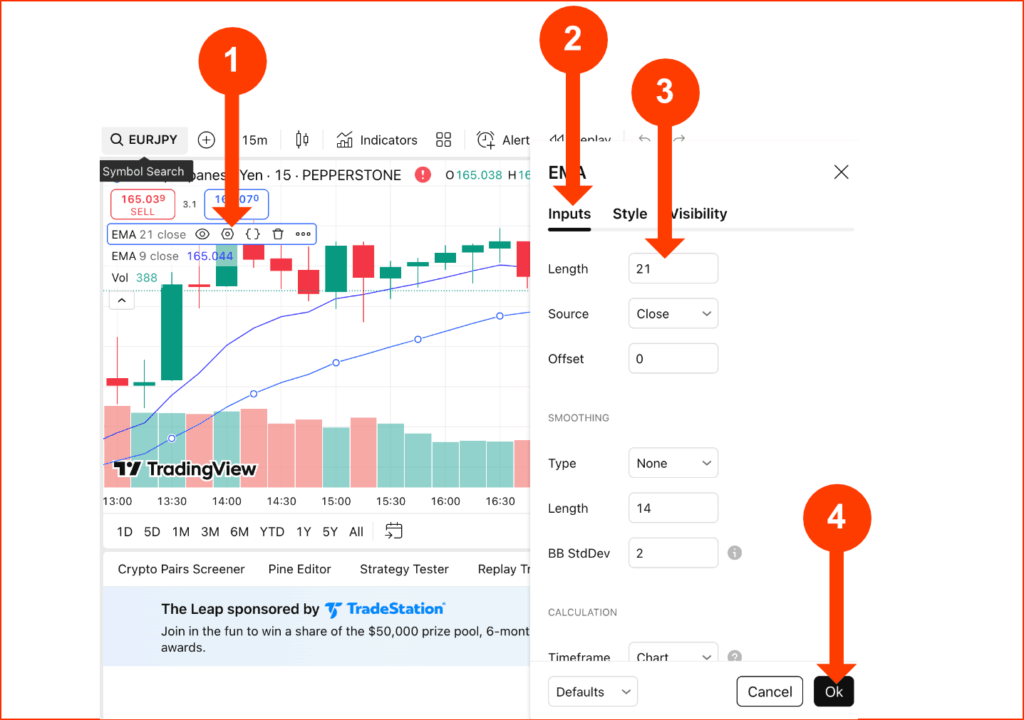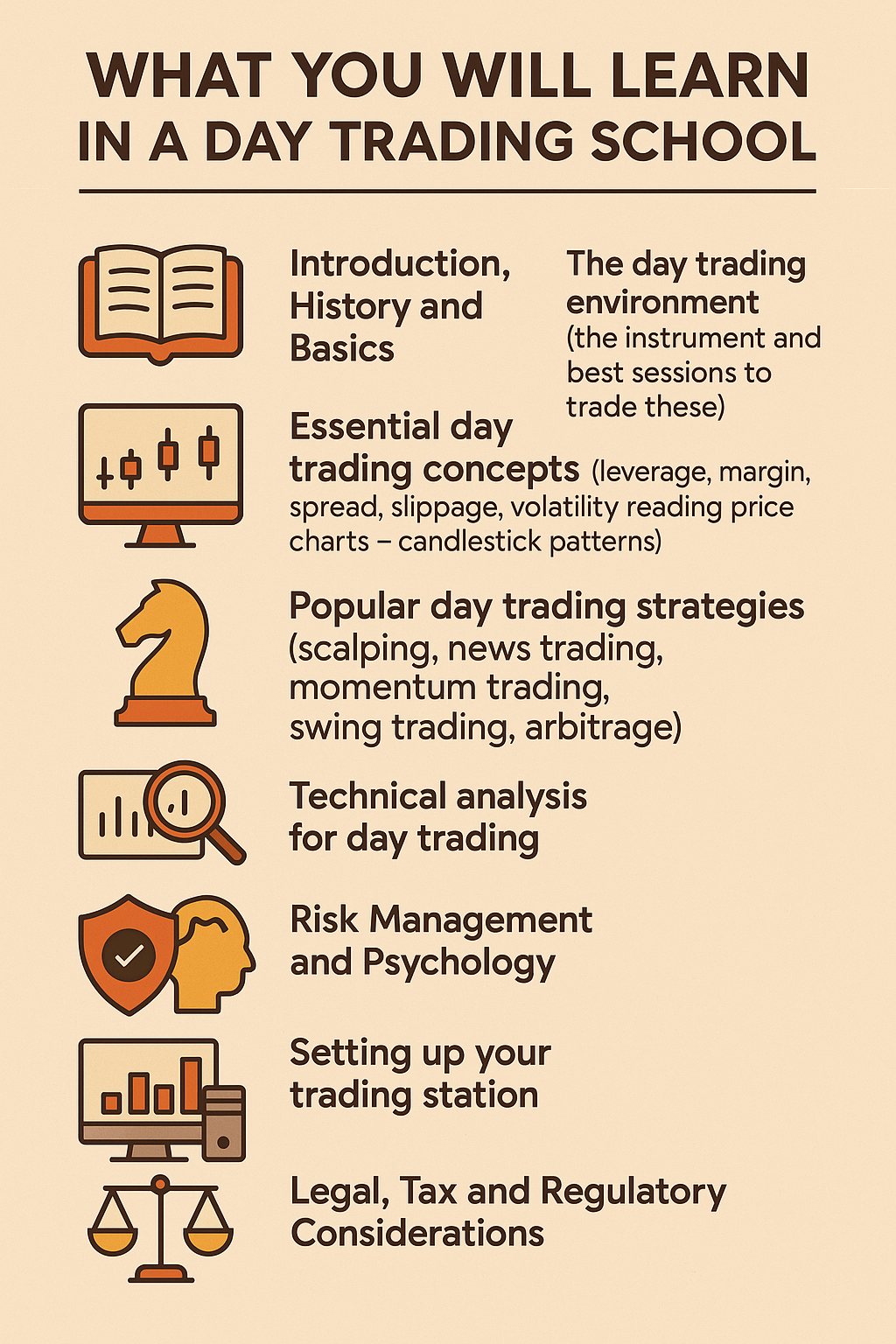
Stock market volatility can hit record highs. This is when savvy investors and traders turn to forex trading as a hedge against market crashes. Unlike equities, currencies often move inversely to traditional assets—offering portfolio protection during downturns. This guide is focused on how to use forex for hedging, why it’s uniquely liquid, and how to start without falling prey to unregulated scams.
Forex as hedge
Companies and individuals involved in various business activities across different countries are prone to the risk presented by the fluctuation in the currencies.
These companies face such risks when they buy and sell products or services across countries. Forex trading becomes an expedient hedge against the risk by a way of fixing a rate at which a particular transaction can be processed at some point in future.
As a trader you can easily accomplish this by buying or selling currencies in what are known as forward or swap markets. In this nature of forex trade the bank locks the rate so as to enable the trader to know the rate at which the transaction will be completed in future.
This way, the bank enables the trader to mitigate against significant financial risk. The futures markets have means to hedge against financial risk relative to the size of the trade as well as the actual currency involved.
Forex Trading as a Hedge (FAQs)
Is forex trading a good hedge against inflation?
Indeed, certain currency pairs (like USD/CHF or gold-linked XAU/USD) often rise during inflationary periods, providing portfolio protection.
Can forex protect against stock market crashes?
Absolutely. Safe-haven currencies (JPY, CHF, USD) typically gain value when equities fall, making forex a counterbalance.
How liquid is forex compared to stocks?
Forex is the world’s most liquid market, with $7.5T daily volume—far exceeding stocks. You can enter/exit positions instantly.
Is forex trading regulated for beginners?
Yes, reputable brokers (like Pepperstone, IG) are strictly regulated. Avoid unregulated platforms promising “guaranteed profits.” You need to do your due diligence in selecting a reputable forex broker.
What’s the best currency pair for hedging?
EUR/USD (low volatility) or USD/CHF (safe-haven) for stability; AUD/JPY for risk-on/risk-off swings.
Can I hedge with forex without leverage?
Yes. Cash accounts or micro-lots (0.01) allow hedging with minimal risk. Leverage amplifies both gains and losses.
Does forex hedging require holding positions long-term?
Not always. Even intraday trades on correlated pairs (e.g., USD/DXY vs. S&P 500) can hedge short-term risks.
What are the tax implications of forex hedging?
This Vvaries by country. In the U.S., forex gains are taxed under Section 1256 (60% long-term, 40% short-term rates).
How much capital do I need to start hedging with forex?
As little as $100 with brokers offering nano lots (0.001), but $1,000+ is ideal for buffer against volatility.
Is forex safer than crypto for hedging?
Generally yes—forex has lower volatility, deeper liquidity, and stricter regulation than crypto markets.
Forex Trading: The Basics and Fundamentals
Before we delve into the actual forex trading guide let’s look at the meaning of the term “forex”. Forex has developed from the abbreviation of the phrase, “foreign exchange” which is a phrase used to refer to trade in foreign exchange markets by companies and individuals.
A quick example of what happens in forex is the following; look at a situation when for example the UK Pound is expected to weaken in value against the US dollar. In a situation like that the investor will sell the UK pound and buy the US dollars.
As soon as the US dollar gains value the purchasing power required to buy the dollars increases and the trader can then purchase back more UK pounds than they used at the beginning of the trade, this way the trader makes profit.
What happens in forex is much similar to what happens in stock trading. The main difference being that forex deals with currencies while stock trading pertains to stocks. A stock trader makes profit by buying and selling stock whenever it is favorable and profitable to buy or sell.
Opportunities in Forex Trading
Thanks to the development of innovative currency trading software (like TradingView’s charting tools or Pepperstone’s platforms), the nature and dynamics of forex trading present numerous opportunities to companies and individuals interested in making a fortune from the forex industry.
Speculation and Forex Trading
Companies and individuals can tap the opportunities presented by the volatile currency values triggered by various supply and demand factors.
Various factors subject the currency values to this volatility and these include trade flows, interest rates, economic strength, tourism and geopolitical risk, among other factors.
Opportunities are available in the prospect of investing in prospects of favorable change after buying or selling one currency against another.
This works when the currency being bought will gain strength and the one being sold will weaken.
Currency as Liquid Asset
Currency as an asset class can be viewed from two perspectives. Traders can earn the interest rate differential between the currencies involved in the trade. Secondly the trader can gain value in the exchange rate.
Cyber explosion and forex trading
Thanks to the innovative web – since web 2.0 dispensation, forex trading is no longer confined to interbank activity. The forex market has grown exponentially to enable individual traders to have direct access to foreign exchange markets through brokers like IC Markets, XM Group, or BlackBull Markets.
Traders can still do this via their banks or they can contract independent brokers who make up the booming secondary market.
While automatic forex system trading can be a viable way of going about forex business, it always pays to grasp the basics and the ins and outs of winning forex trading.
Companies and individuals set on empowering themselves can explore various resources and online trading forums (such as TradingView’s community or Pepperstone’s educational hub) so as to keep up to speed with latest tips and insights on trading profitably.
Getting into Forex Trading
As a beginner in forex trading, it is critically important to get well established on how the forex industry and market works.
In this forex trading guide, we stress the importance of grasping the fundamentals of how the industry works instead of just rushing over to entrust your money with some broker or currency trading software.
Reputable brokers like Pepperstone or IC Markets adhere to strict regulations, reducing risks for beginners. Forex business is a huge industry which involves numerous banks in what is termed interbank market.

The term simply refers to the foreign exchange markets where banks converge and exchange currencies directly with one another.
The interbank forex markets are also referred to as the forex wholesale. The terms are confined to the transactions that take place within the banking community.
The Market is Not Unregulated – Forex Trading Guide Reveals
For beginners, it is important to note that the commonplace notion that the forex market is not regulated is not true. Key to understanding this is that the interbank market is made up of hundreds of banks that trade with each other from around the world.
The community of banks is the one that determines and accepts what is known as sovereign risk and credit risk.
To do this, the banks have to conduct thorough internal auditing processes so as to keep the market as safe as possible. Regulated brokers like XM Group or BlackBull Markets follow similar compliance standards, ensuring trader security.
What can be stated here is that the forex market comprises each bank presenting bids and offers for certain currencies, and the market pricing dynamics are reached through the basic supply and demand principles.
What the foregoing means is that the forex market is too intricate for any one rogue trader to game or manipulate the system by single-handedly influencing the price of a currency.
The forex market handles over $6 trillion daily in trade, and even central banks are not capable of moving the market without collaborating with other central banks.
In a nutshell, this forex trading guide shows that forex trading is a well-established industry where individuals and entities can trade safely.
Key to note also is that traders who have direct access to the forex market through their banks face lesser risks than those who deal with relatively independent and small forex brokers.
These brokers can re-quote prices and then trade against their own customers.
To avoid this, many traders opt for trusted brokers like FP Markets or Exness, which offer transparent pricing. Traders that approach forex trading as a surefire profit maker are the most gullible to these rogue brokers.
Advantages of Forex Trading
Forex markets are the largest financial markets in terms of trade volume. This means that the markets offer the most liquidity and also simplify entering and exiting positions in any of the major currencies in a very short span of time.
Platforms like TradingView provide real-time liquidity data, helping traders make informed decisions.

The liquidity, as well as the ease of entering and exiting positions, gives trading banks or brokers leverage, meaning that the trader has control over large positions with very little investment of their own.
The simple definition of leverage is that it is the degree to which an investor or business is utilizing borrowed money. (Link 4) The leverage in the range of 100:1 to 500:1 (updated from “100:1”) is very common.
Brokers like OctaFX and RoboForex offer flexible leverage options, but traders must use them prudently. Lack of understanding of how leverage works can result in total loss and clearing of a trader’s account.
The other upside of forex trading is that it takes place 24 hours a day, 5 days a week. Each day starts in Australia and ends in New York. Major trading centers include Sydney, Singapore, Hong Kong, Tokyo, Paris, Frankfurt, London, and New York.
Any trader seeking to make meaningful trading has to invest in gaining basic knowledge of forex. Automatic forex system trading is not entirely automatic.
There are many resources forex traders can access, including educational materials from Vantage or AvaTrade. Patronizing online trading forums will also help the trader keep tabs on new concepts and trends in the blossoming forex industry.
Elias Stroud is a professional forex trader and market analyst with over eight years of experience. His journey began with the common misconception that trading was a get-rich-quick scheme, a path that led to significant early losses. It was this initial failure that forced a pivot towards disciplined, long-term learning and strategy development.
Today, Elias specializes in price action analysis, focusing on identifying high-probability setups without relying on complex indicators. He has cultivated a premium-level trading account, a direct result of his commitment to a structured and professional approach to the markets. Elias is passionate about sharing the actionable insights and foundational principles that helped him transform from a novice to a consistently profitable trader.
For further verification of his professional standing and live trading credentials, please visit the “About Us” page where account confirmation screenshots are provided, along with links to his trusted broker, Pepperstone, and his primary charting platform, TradingView.

